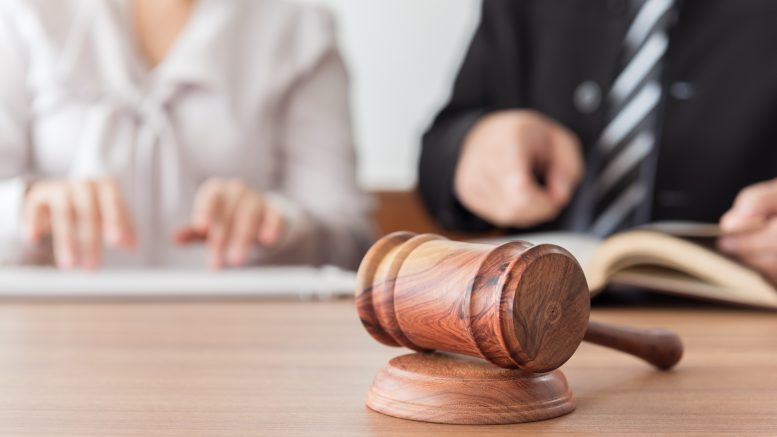 A person is innocent until proven guilty; that much people know is true. However, this does not necessarily apply in the real world, where a suspect is assumed guilty of the crime already, especially when their side of the story has been sensationalized. There is this saying after all that where there is smoke, there is fire.
A person is innocent until proven guilty; that much people know is true. However, this does not necessarily apply in the real world, where a suspect is assumed guilty of the crime already, especially when their side of the story has been sensationalized. There is this saying after all that where there is smoke, there is fire.
However, one doctrine of common law that is guaranteed to protect civilians from being implicated is the presumption of innocence, notes Feldman & Lee PS. The concept was borrowed from the Latin phrase, ei incumbit probatio qui dicit, non qui negat, which translates to “the burden of proof is on the one who declares, not on one who denies.”
Fair trial
Indeed, it is the government’s (i.e., the prosecutor’s) responsibility to establish facts as to whether a person who allegedly committed a certain crime is guilty or not. The defendant, meanwhile, is not obliged to prove his innocence, though this could make a difference when the final verdict is delivered.
While the United States Constitution does not elaborate on this, experts agree that presumption of innocence is the heart of both local and international justice systems. The Fifth Amendment supports one’s right to a fair trial, which rests on the idea that a person cannot be charged unless informed of his rights and be represented by an attorney.
A lawyer is an instrument in debunking any false allegations made against a defendant, which makes their role all the more important in the fair practice of law.
Lack of evidence
Presumption of innocence, however, has its downsides because it also lets guilty people off the hook. Bona fide lack of evidence against the defendant also automatically points to charges being dropped.
Working with a good defense attorney could help you build your case to combat allegations made against you, especially if you are wrongly charged. Attorneys have contacts with local law enforcement so they can conduct their own due diligence and research to help you find proof of your innocence.
